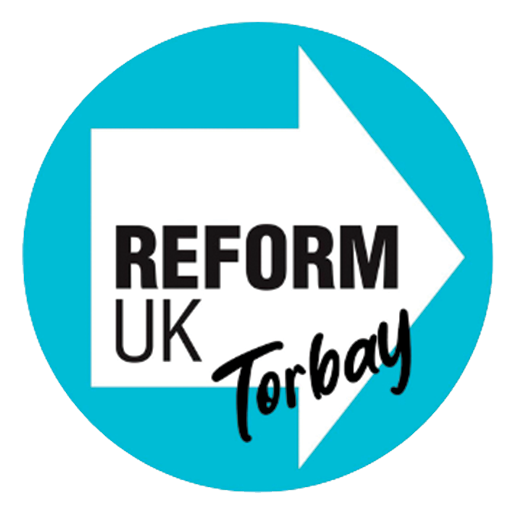By Gordon Scott
•
June 18, 2025
The grooming gang scandal has left an indelible mark on the UK, with towns like Rotherham, Rochdale, and Telford exposing horrific cases of child sexual exploitation, often perpetrated by groups from specific ethnic backgrounds. These crimes met with delayed responses from authorities who feared accusations of racism, a hesitation that critics argue was exacerbated by the Equality Act 2010. This legislation, they contend, fostered a culture of caution that undermined justice by prioritizing the protection of group identities over the enforcement of the law. What follows is an exploration of how this act may have contributed to the scandal, alongside a case for its repeal, advocating a return to the principle of equality before the law to prevent such failures in the future. Enacted in 2010, the Equality Act consolidated the UK’s anti-discrimination laws into a single framework, protecting individuals from unfair treatment based on nine "protected characteristics," such as race, religion, and sex. It also introduced the Public Sector Equality Duty, which mandates public bodies to eliminate discrimination and promote good relations between different groups, aiming to ensure fairness across society. Yet, this emphasis on group protections has sparked controversy. Some assert that it created an environment where authorities hesitated to enforce the law, particularly when dealing with minority communities, out of fear of appearing biased. The grooming gang cases starkly illustrate this tension. In these incidents, organized groups of specific ethnic backgrounds exploited vulnerable young girls over years. Professor Alexis Jay’s 2014 report into Rotherham revealed that over 1,400 children were abused between 1997 and 2013, with authorities often aware of the crimes but reluctant to act. The report highlighted a chilling detail: staff avoided identifying the perpetrators’ ethnic origins, citing concerns about being labelled racist. This pattern of inaction repeated across multiple towns, pointing to a systemic failure widely attributed to a fear of breaching cultural sensitivities—a fear some tie directly to the Equality Act’s influence. At the core of this critique lies the Public Sector Equality Duty, which requires public bodies to "foster good relations" and eliminate discrimination. In practice, this may have discouraged decisive action against minority perpetrators in the grooming gang cases. Police and social services reportedly shied away from thorough investigations, wary of accusations of racial or religious prejudice, allowing crimes to persist unchecked. Critics argue that the act’s focus on group identity, rather than individual accountability, distorted the legal landscape, fostering a form of "reverse discrimination." By protecting certain communities from perceived bias, it led to an unequal application of the law, leaving victims without the justice they deserved. Yet, defenders of the Equality Act maintain that it remains a vital tool for safeguarding vulnerable groups from discrimination. They argue that the grooming gang scandal resulted from failures in policing and social services, not from the legislation itself. The law, they insist, is designed to prevent unfair treatment, not to shield criminals, and repealing it could weaken protections for minorities while unravelling decades of progress in areas like disability access and gender equity. Despite these defences, the argument for repeal gains traction. Critics contend that the Equality Act has shifted the UK away from the foundational principle of equality before the law, where individuals are judged solely on their actions, not their group affiliation. In the grooming gang scandal, this shift paralyzed authorities, enabling predators to exploit the system. Repealing the act and restoring equal treatment under the law would empower police and courts to act without fear of discrimination claims, refocusing justice on individual responsibility. Crimes could then be prosecuted regardless of the perpetrator’s background, ensuring a system that prioritizes victims over bureaucratic hesitation. This approach would not abandon anti-discrimination efforts but would streamline them into a clearer, less cumbersome framework. The grooming gang scandal laid bare a devastating flaw in the UK’s justice system: a fear of enforcing the law impartially, fuelled in part by the Equality Act 2010. While the act was intended to promote fairness, its emphasis on group protections has been exploited, leaving vulnerable children unprotected. Repealing it and returning to the principle of equality before the law offers a way forward - a path where justice is blind to race, religion, or status, and where future crimes can be prevented through fearless, impartial action. The time has come to place victims above political correctness and reaffirm that no one stands above the law.












